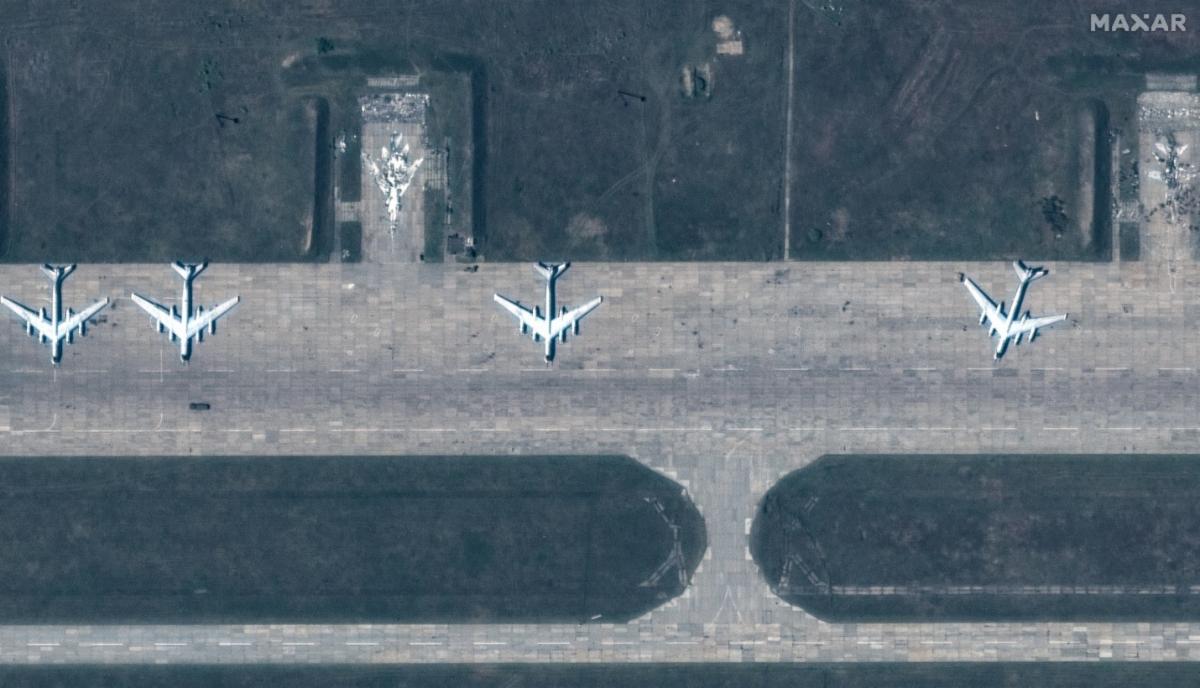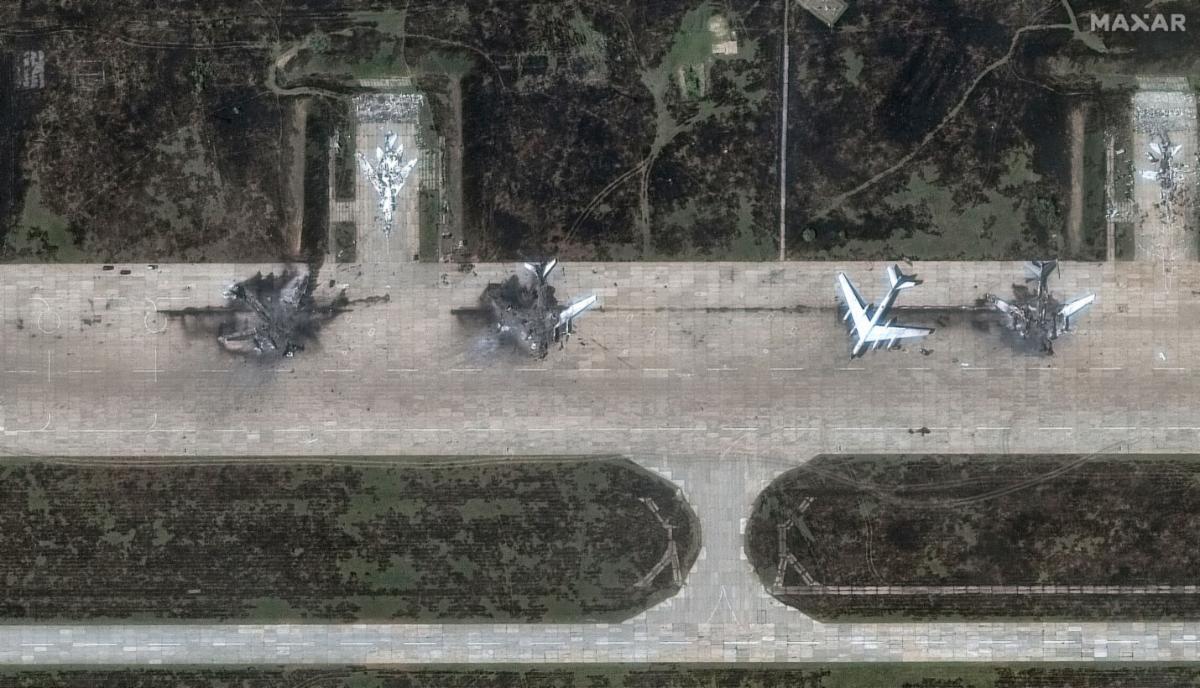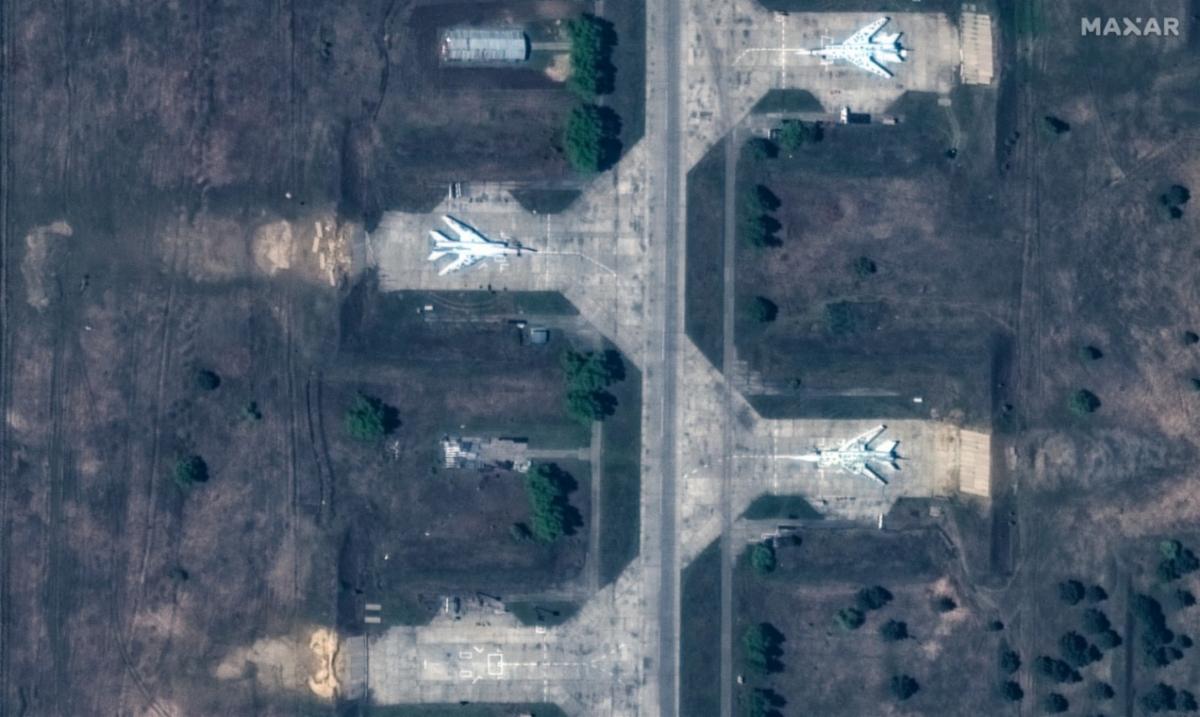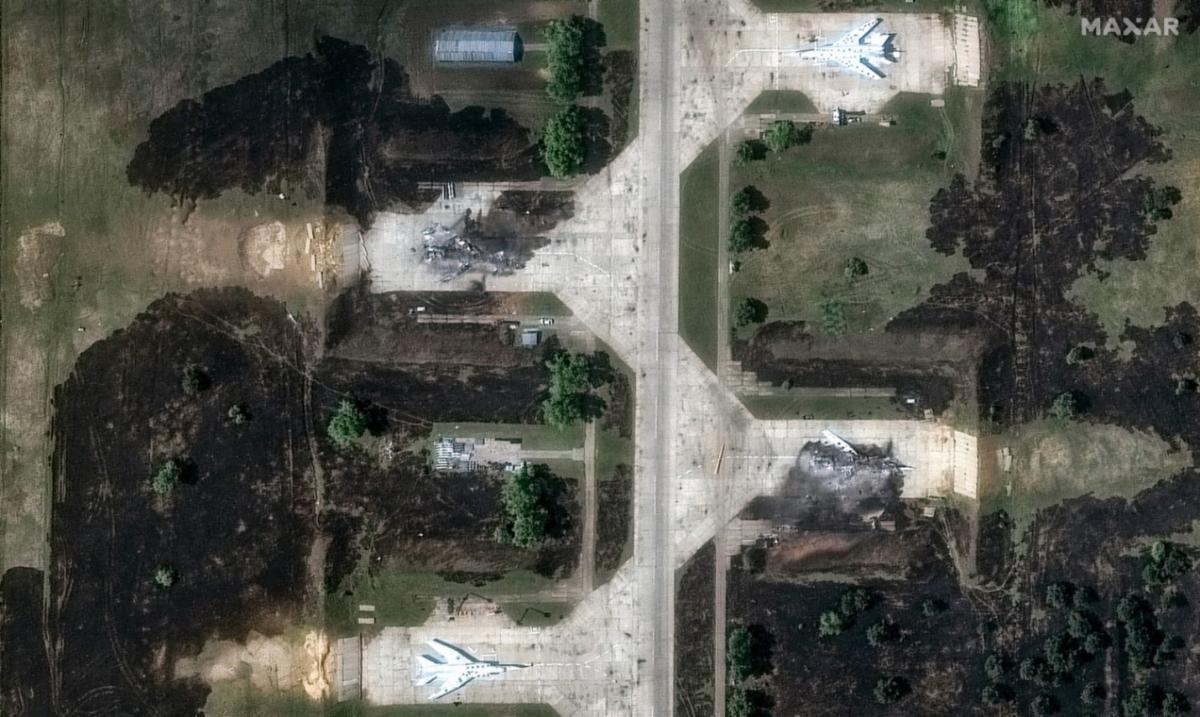The Kremlin is fixating on recent train derailments in Russia in order to further long-standing Kremlin narratives claiming that Ukraine is an illegitimate negotiating partner that is uninterested in peace, likely to distract the broader information space from recent Kremlin officials' statements about Russia's own disinterest in a negotiated settlement. Russian President Vladimir Putin held a meeting with members of the Russian government on June 4 and discussed the May 31 collapse of two railway bridges in Kursk and Bryansk oblasts. The meeting included a staged statement from a children's doctor who promoted the Kremlin's longstanding justifications for its initial invasion of Ukraine in 2014 and full-scale invasion in 2022. Russian Investigative Committee Head Alexander Bastrykin claimed during the meeting that Ukrainian special services "without a doubt" conducted an operation to down railway bridges in Kursk and Bryansk oblasts on May 31, but did not present concrete evidence to link the collapsed bridges to Ukraine. Putin claimed that the train derailments confirm that the "already illegitimate" Ukrainian government that previously "seized power" is "gradually degenerating into a terrorist organization." Putin questioned if Russia can negotiate with "terrorists" and questioned why Russia should agree to Ukraine's proposed 30-day or longer ceasefires, claiming that Ukraine will use the ceasefires to continue to receive Western weapons provisions, mobilize military personnel, and prepare "other terrorist acts." Putin claimed that the Ukrainian government "does not need peace at all" and values power over peace. Russian Presidential Aide Yuriy Ushakov stated that Putin later emphasized Ukraine's alleged "terrorism" during a phone call on June 4 with US President Donald Trump. Ushakov repeated Putin's claim that Ukraine has "degenerated into a terrorist organization."
Kremlin officials have long alleged that the current Ukrainian government is "illegitimate," and Putin previously questioned on March 27 how Russia can negotiate with Ukraine as "neo-Nazi formations" are allegedly ruling the country. Putin has also repeatedly used questions about Ukrainian force generation and Western weapons deliveries to reject Ukraine's previous ceasefire proposals. Putin's June 4 claims that the Ukrainian government is a "terrorist organization" with which Russia cannot negotiate, and which will exploit any longer-term ceasefire, is the latest iteration of this Kremlin effort to justify delaying the negotiation process and prolonging the war by attacking Ukraine's sovereignty as a legitimate negotiating partner. The Kremlin is likely link its messaging surrounding the train derailments and Ukraine's alleged perpetuation of "terrorism" in order to distract from Russian Security Council Deputy Chairperson Dmitry Medvedev's claim on June 3 that Russia needs the negotiations in Istanbul to result in Russia's "swift victory and the complete destruction" of the Ukrainian government and not a "compromise[d] peace on someone else's delusional terms."
Ukrainian President Volodymyr Zelensky continues to express Ukraine's willingness to negotiate with Russia to establish a just and lasting peace. Zelensky stated on June 4 that the Ukrainian delegation to Istanbul has not received a response to the ceasefire proposal it presented during the June 2 Ukrainian-Russian talks. Zelensky also proposed that Ukraine and Russia implement a comprehensive ceasefire until Russian President Vladimir Putin meets with Zelensky in order to demonstrate a mutual commitment to de-escalation. Zelensky stated that Ukraine is ready to negotiate with Russia any day and that Russia can choose the location of negotiations. Zelensky said that he is willing to meet with Putin even without a ceasefire in order to prove Ukraine's willingness to negotiate.
Ukrainian and Western officials and open-source analysts continue to clarify the battlefield damage resulting from Ukraine's "Operation Spider's Web" long-range drone strike series against Russian air bases on June 1. Ukraine's Security Service (SBU) published new footage on June 4 from Operation Spider's Web showing Ukrainian drones approaching the wings, sides, tops, and underbellies of Russian fixed-wing aircraft at various airfields. The SBU reported that the footage shows first-person view (FPV) drones striking A-50 airborne early warning and control (AWACS) aircraft, Tu-95 and Tu-160 strategic bombers, Tu-22 supersonic bombers, An-12 transport aircraft, and Il-78 aerial refueling tankers at Belaya Air Base in Irkutsk Oblast; Olenya Air Base in Murmansk Oblast; Dyagilevo Air Base in Ryazan Oblast; and Ivanovo Air Base in Ivanovo Oblast. Some of the clips in the video show aircraft on fire. The SBU stated that Ukrainian drones struck 41 Russian aircraft. Ukrainian President Volodymyr Zelensky and the SBU stated that Russia will be unable to restore half of the Russian aircraft that Ukraine struck or that it will take Russia years to restore them. A senior NATO official reported to Ukrainian news outlet Suspilne that Operation Spider's Web damaged 40 Russian aircraft and confirmed that the operation destroyed 10 to 13 aircraft. The official also stated that Russia may respond to the loss of its strategic bombers, which Russia uses to launch cruise missiles against Ukraine, by adjusting strike packages to include more drones and ballistic missiles and fewer cruise missiles. Russian opposition outlet Meduza reported that a NATO official stated that Russian forces previously used the destroyed aircraft to launch over 3,000 cruise missiles that have struck critical infrastructure and civilian targets in Ukraine since February 2022.
Maxar satellite imagery collected on June 4 indicates that Ukrainian drone strikes destroyed at least two Tu-22 bombers and three Tu-95 bombers at Belaya Airbase (see embedded imagery below). Ukrainian open-source intelligence (OSINT) group AviVector posted satellite imagery on June 4 that indicates that Ukrainian drones destroyed four Tu-95MS bombers and one An-12 transport aircraft at Olenya Airbase. AviVector assessed that Ukrainian forces destroyed seven Tu-95MS bombers, four Tu-22M3 bombers, and one An-12 transport aircraft and likely damaged a Tu-95MS bomber at Olenya and Belaya airbases.
Key Takeaways:
- The Kremlin is fixating on recent train derailments in Russia in order to further long-standing Kremlin narratives claiming that Ukraine is an illegitimate negotiating partner that is uninterested in peace, likely to distract the broader information space from recent Kremlin officials' statements about Russia's own disinterest in a negotiated settlement.
- Putin also used his June 4 phone call with Trump to further falsely portray Ukraine as an illegitimate negotiating partner that is uninterested in peace.
- Ukrainian President Volodymyr Zelensky continues to express Ukraine's willingness to negotiate with Russia to establish a just and lasting peace.
- Ukrainian and Western officials and open-source analysts continue to clarify the battlefield damage resulting from Ukraine's "Operation Spider's Web" long-range drone strike series against Russian air bases on June 1.
- Ukrainian special services reportedly used artificial intelligence (AI) to direct drones during Operation Spider's Web.
- Ukraine’s Western allies continue to provide military aid to Ukraine.
- Ukrainian forces recently advanced near Pokrovsk. Russian forces recently advanced in Sumy Oblast and near Toretsk.
| 







 [ISW] 이란 업데이트, 2025년 6월 4일
[ISW] 이란 업데이트, 2025년 6월 4일
 [국방부] 마음으로 잇는 6월, 지켜 나갈 미래
[국방부] 마음으로 잇는 6월, 지켜 나갈 미래